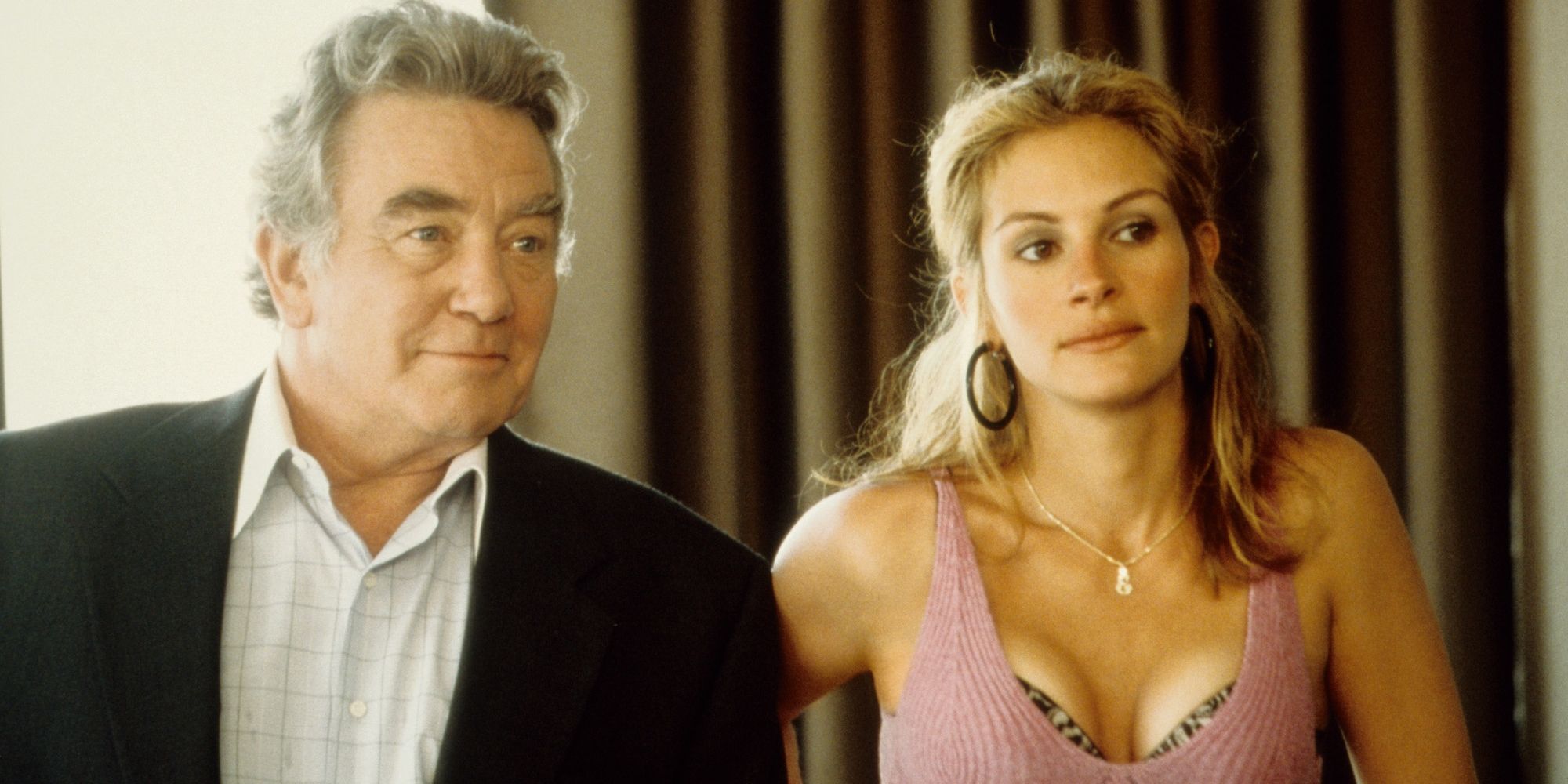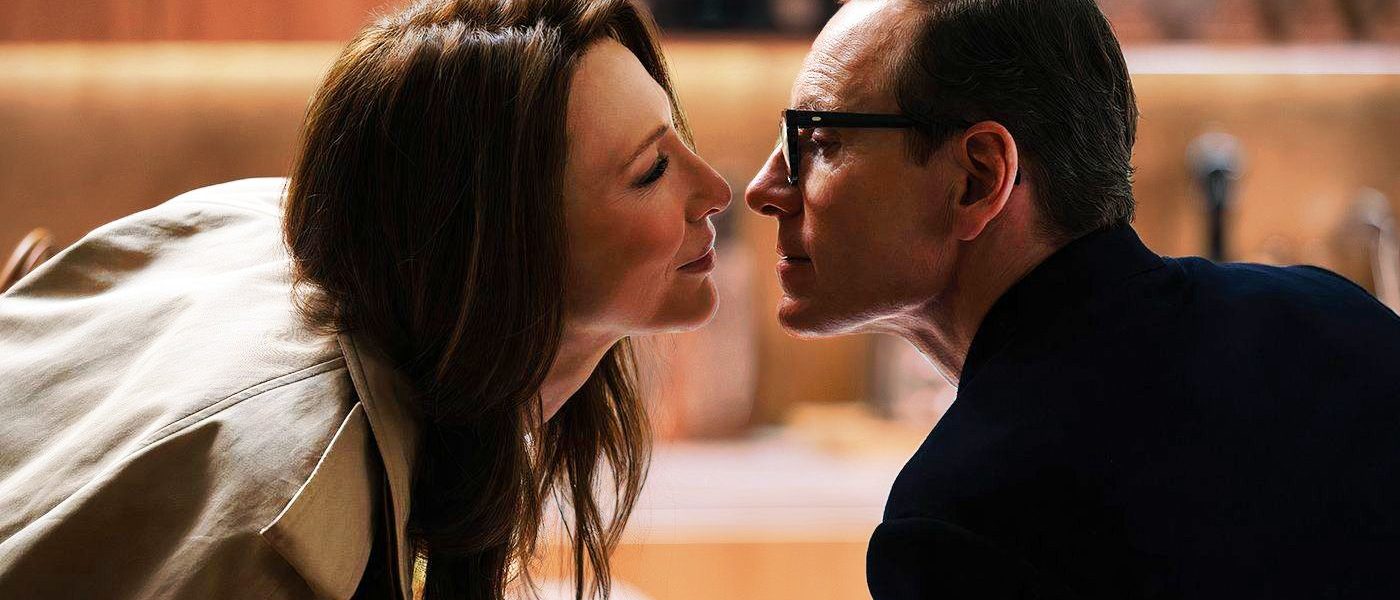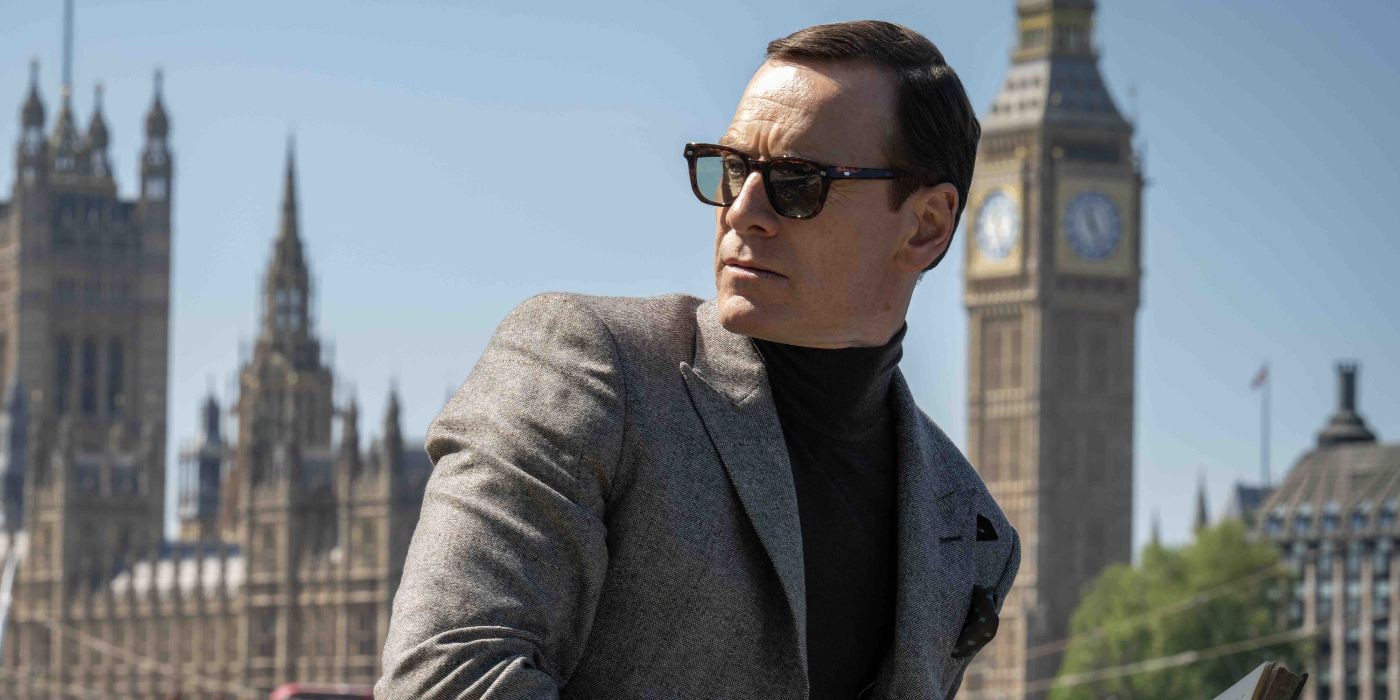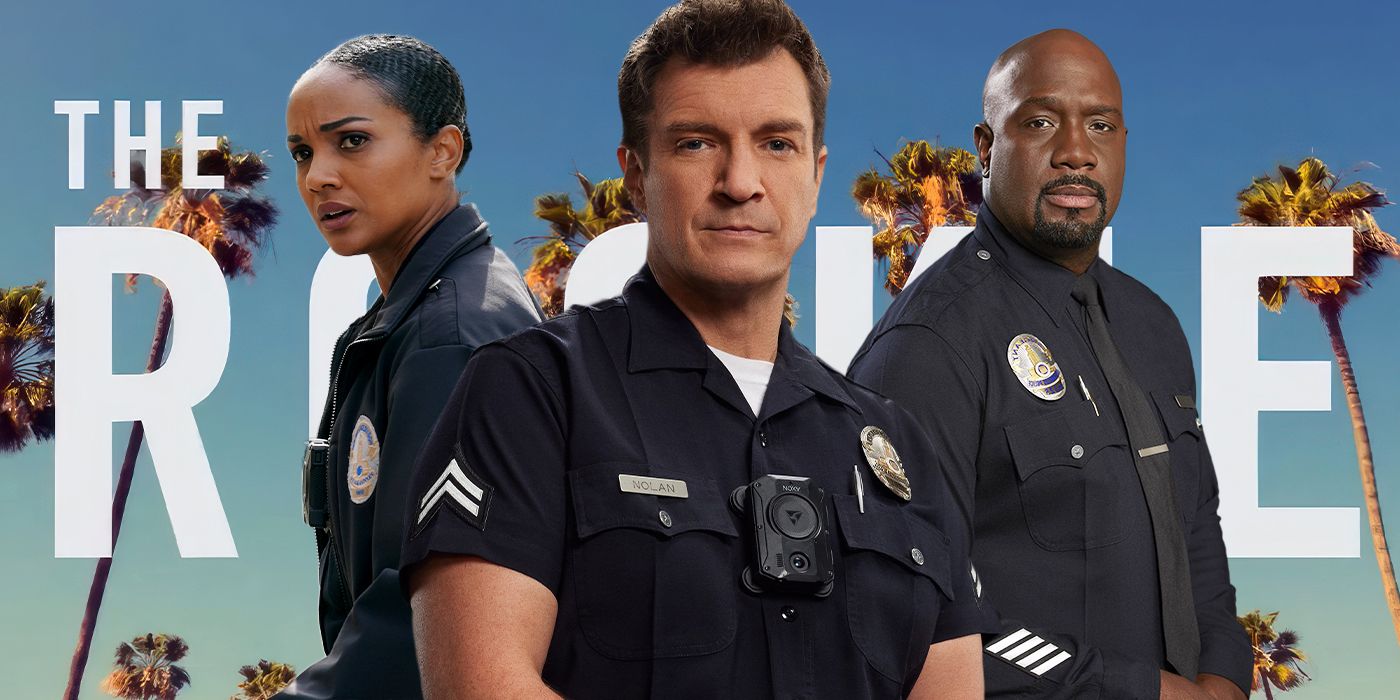In 2025, acclaimed director Steven Soderbergh continues to impress audiences with his cinematic creations. Thus far, the year has already showcased two noteworthy films: <em>Presence</em>, a chilling supernatural horror film released in January, and Black Bag, an engaging romantic spy thriller that debuted in March, both penned by the talented David Koepp. These films have received positive reviews, particularly Black Bag, which harks back to the mid-budget, star-studded films of the 1990s that many film enthusiasts yearn to see more frequently. However, despite the critical acclaim, the film struggled at the box office, reflecting the current challenges facing Hollywood, where audiences seem reluctant to support such projects. While Soderbergh tends to lean towards familiar themes reminiscent of a “golden era” in filmmaking, it may be beneficial for him to embrace more daring storytelling techniques as he did in his early career.
Steven Soderbergh’s Recent Films Offer Engaging Experiences but Lack Innovation
During the 1990s and 2000s, Steven Soderbergh was not typically characterized as conventional or as a standard studio director. His esteemed return to filmmaking post-retirement in 2017 has seen him create films such as Logan Lucky, No Sudden Move, and <em>Kimi</em>, which are intentionally streamlined, genre-focused works that lack any air of pretentiousness. On the surface, Black Bag may appear formulaic; however, in an era where audiences are often inundated with overblown productions and franchise extensions, it feels refreshingly distinct. While Soderbergh may not be revolutionizing the filmmaking process, his undeniable talent ensures that his movies retain a sense of novelty and intrigue.
Having emerged as a prominent figure during the indie film renaissance of the ’90s, Soderbergh established his reputation through innovation and creativity. His debut film, the Palme d’Or-winning Sex, Lies, and Videotape, defied the excesses of its time by presenting a profound narrative that explored the sexual repression and alienation experienced by Generation X. In one of his most audacious genre experiments, Soderbergh infused avant-garde elements into a traditional revenge thriller with The Limey, employing an elliptical narrative style. His critically acclaimed crime drama, Traffic, which delves into the complexities of the drug trade, earned him the Best Director Academy Award and set a trend for visually distinct storytelling by saturating scenes set in Mexico or South America in sepia tones. Amidst blockbuster hits such as Ocean’s Eleven, Soderbergh also engaged in the “one for them, one for me” approach, crafting unconventional films like Full Frontal and Bubble, which featured non-traditional narratives filmed using low-cost digital technology.
Why Steven Soderbergh Needs to Take Bold Risks for His Career and the Future of Cinema
The desire for Soderbergh to embark on more adventurous projects stems not from a critique of his recent filmography, but rather from a recognition of his enduring talent. His “minor” films are infused with personality and vigor, demonstrating that he still possesses the cinematic prowess that defined his earlier works in his 60s. Following the tumultuous production of his bifurcated docu-drama, Che, Soderbergh has steered clear of creating content as ambitious as historical epics or prestigious awards contenders. Frustration with Hollywood’s constraints, coupled with a series of unrealized film projects, led to his brief retirement in 2013. The current studio landscape offers little in the way of artistic freedom, making it unlikely for him to receive the substantial budgets he once enjoyed as a top-tier filmmaker in the 2000s. Though he professes to have moved beyond making serious Oscar contenders, his previous retirement announcement serves as a reminder that we shouldn’t dismiss the possibility of his return to more ambitious storytelling.
Many of Soderbergh’s most acclaimed films, such as Erin Brockovich and Magic Mike, aren’t characterized by high-octane action or grandeur. Rather, they are defined by their compelling themes and showcase of charismatic actors, reflecting Soderbergh at the height of his creative powers. Erin Brockovich elevated Julia Roberts from a beloved romantic comedy star to an Oscar-winning actress, transforming a seemingly mundane legal drama into a gripping character study. Meanwhile, Magic Mike, while presenting itself as a lighthearted dance film, serves as a poignant exploration of post-Recession disillusionment, solidifying Channing Tatum‘s reputation as a major player in Hollywood. Although Soderbergh’s post-retirement repertoire features moments of brilliance, his tendency to confine himself within genre limitations may hinder him from recapturing the emotional depth found in masterpieces like Solaris or Contagion.

Related
The 11 Best Steven Soderbergh Movies With Great Acting, Ranked
“That’s all you got, lady: two wrong feet and f***ing ugly shoes.”
As box office trends continue to decline, particularly in the early part of 2025, studios may hesitate to finance films like Black Bag, which once would have been guaranteed hits but now seem to appeal only to dedicated film aficionados. Given the fragile state of original, mid-budget cinema, Soderbergh should leverage his established reputation to boldly challenge contemporary norms and make a significant cultural impact with an experimental project. While his recent films are enjoyable, they lack the cultural resonance of classics like Out of Sight or Ocean’s Eleven. Critics may argue that Soderbergh’s reliance on nostalgic genre films like Unsane and Black Bag contributes to a stagnation in the industry, mirroring the overabundance of intellectual property adaptations.
While audiences express a desire for original storytelling, the box office performance of Black Bag raises questions about this demand. Many viewers seem to have grown weary of what is marketed as “original,” perceiving Soderbergh’s latest offering as a mere rehash of past spy thriller tropes. In today’s cinematic landscape, the audience yearns for groundbreaking narratives rather than a return to the comfort of familiar storytelling.

Black Bag
- Release Date
-
March 14, 2025
- Director
-
Steven Soderbergh
- Writers
-
David Koepp








